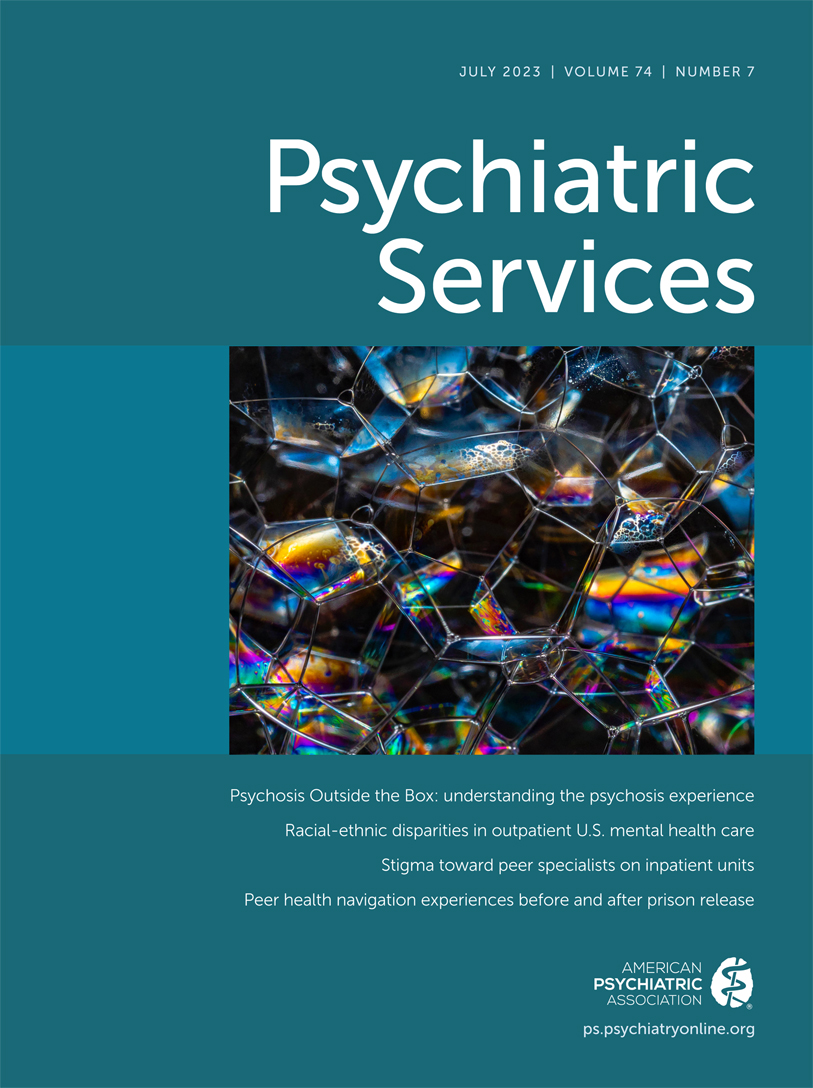Prosecutors, Judges, and the Punishment of Mental Illness
Abstract
People with mental illnesses are markedly overrepresented in U.S. jails and prisons. Although a variety of factors account for this overrepresentation, punitive actions by prosecutors and judges in response to behaviors caused by mental illness play an important role. A recent Maryland case illustrates how such actions can occur, with excessive charges filed against a woman whose behavior was clearly related to a mental health crisis and the imposition of a disproportionate sentence. Educating prosecutors, defense attorneys, and judges about the nature and consequences of mental illnesses is an essential step toward mitigating the punitive approach of the current U.S. criminal legal system.
Access content
To read the fulltext, please use one of the options below to sign in or purchase access.- Personal login
- Institutional Login
- Sign in via OpenAthens
- Register for access
-
Please login/register if you wish to pair your device and check access availability.
Not a subscriber?
PsychiatryOnline subscription options offer access to the DSM-5 library, books, journals, CME, and patient resources. This all-in-one virtual library provides psychiatrists and mental health professionals with key resources for diagnosis, treatment, research, and professional development.
Need more help? PsychiatryOnline Customer Service may be reached by emailing [email protected] or by calling 800-368-5777 (in the U.S.) or 703-907-7322 (outside the U.S.).



